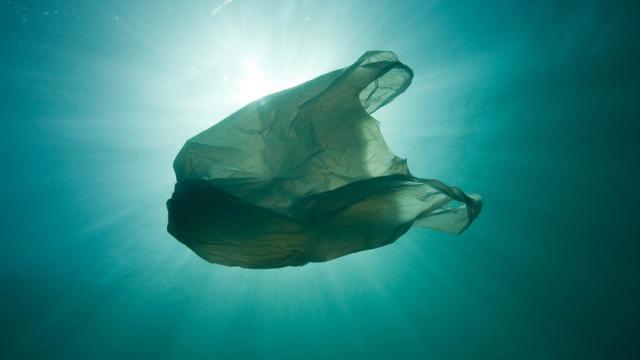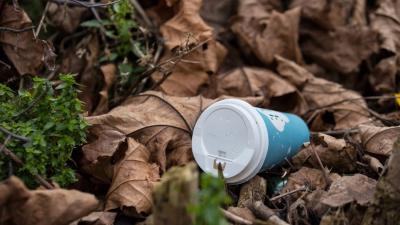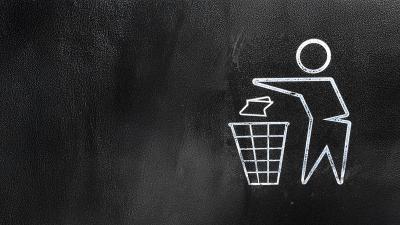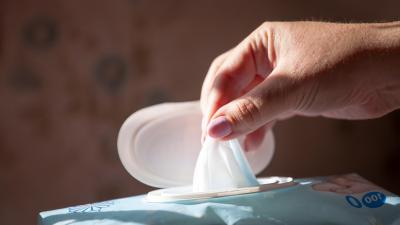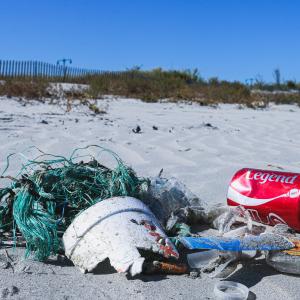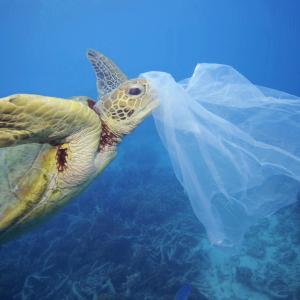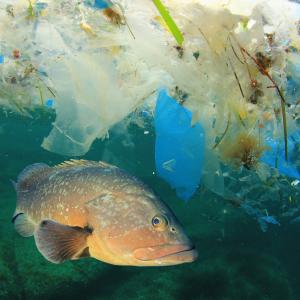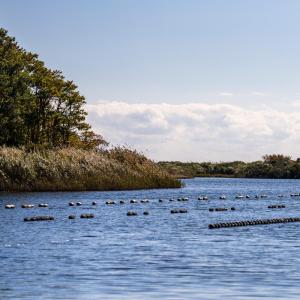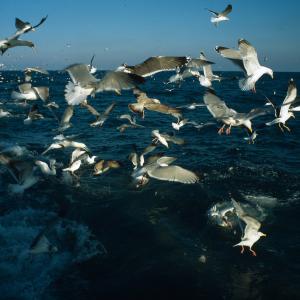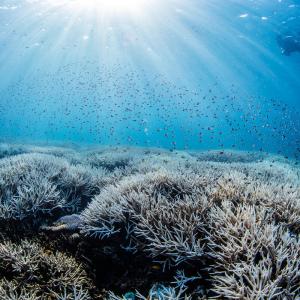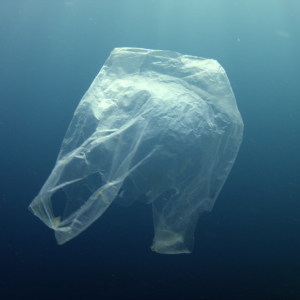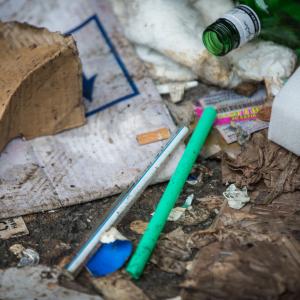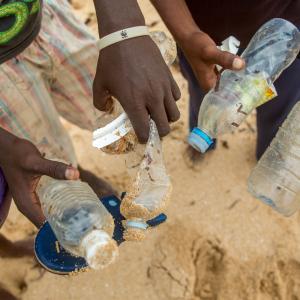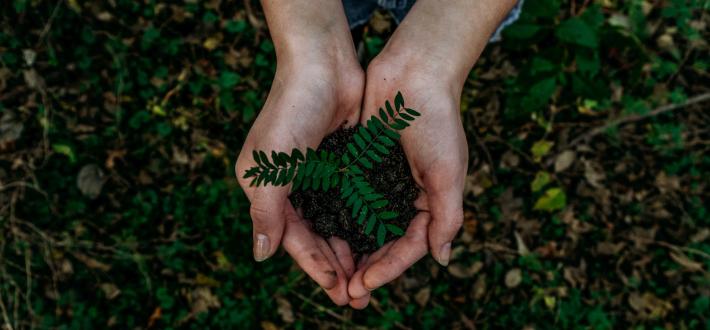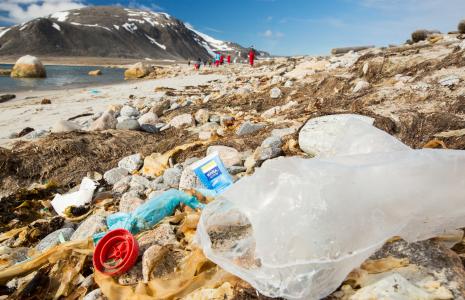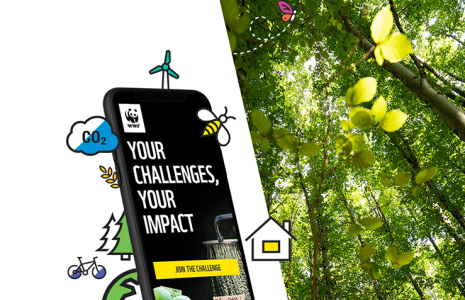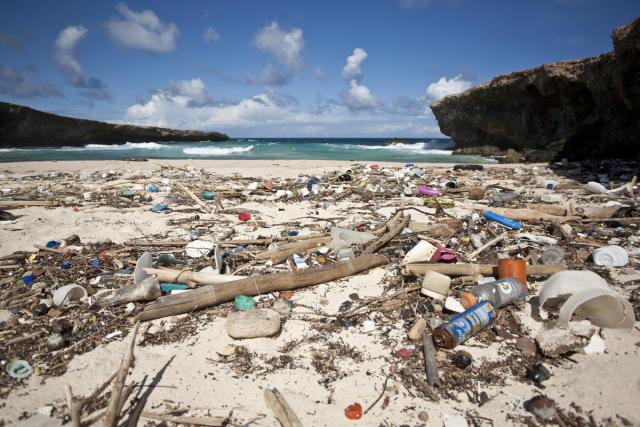
Plastic pollution and why its a problem
Plastic is a useful everyday item but has grown to become a global problem. Every year the world produces over 460 million tonnes of plastic,[1] 90% of which pollutes almost all areas of our planet, it can be found at the bottom of the ocean, and on our tallest mountains. This pollution can cause harm to habitats and wildlife, impact livelihoods of people around the globe, and carries growing risks to human health.
At the current rate, global plastic pollution could triple by 2040 unless we act now. We need everyone everywhere to take action on plastic, and most importantly, global coalitions like the UN to approve a plastics treaty that would require all countries to take action on this significant problem.

What are the solutions to plastic consumption?
Our plastic consumption continues to grow. It’s clear that urgent action is needed – there’s no time to waste. Schemes like bottle deposits are a good place to start, but we’ve become so reliant on plastics that we need to do a lot more to wean ourselves off them.
- A complete plan to ban avoidable single use plastics – including plastic cups and cutlery – could make the difference we need to protect the planet.
- We need businesses to take the issue seriously – whether it’s supermarkets having a plastic free aisle, companies finding alternatives to plastic packaging, or businesses bringing the issue to life for their customers.
- As individuals we can also help by making lifestyle changes, like going packaging free and drinking from reusable water bottles or coffee cups. You might think your contribution is small, but together our collective action is powerful.
Sources
[1] IUCN, Plastic pollution, https://iucn.org/resources/issues-brief/plastic-pollution
[2] WWF, Breaking down high risk plastic products, https://wwfint.awsassets.panda.org/downloads/wwf_breaking_down_high_risk_plastic_products.pdf
[3] Greenpeace, Upstream, Microplastics in UK rivers, https://www.greenpeace.org.uk/wp-content/uploads/2024/07/plastics_v08.pdf
[4] UN, Plastic pollution, https://www.unep.org/plastic-pollution
[5] Science Direct, Quantitative overview of marine debris ingested by marine megafauna, https://www.sciencedirect.com/science/article/pii/S0025326X19310148?via%3Dihub
[6] Nature, Plastic pollution, https://www.nature.com/articles/s41586-023-06113-5
[7] Biffa, Various white cups, Biffa’s recycling solution for single-use cups, https://www.biffa.co.uk/campaigns/cup-takeback
[8] Parliament.uk, Plastic Bottle Waste in the UK, https://publications.parliament.uk/pa/cm201719/cmselect/cmenvaud/339/33905.htm
